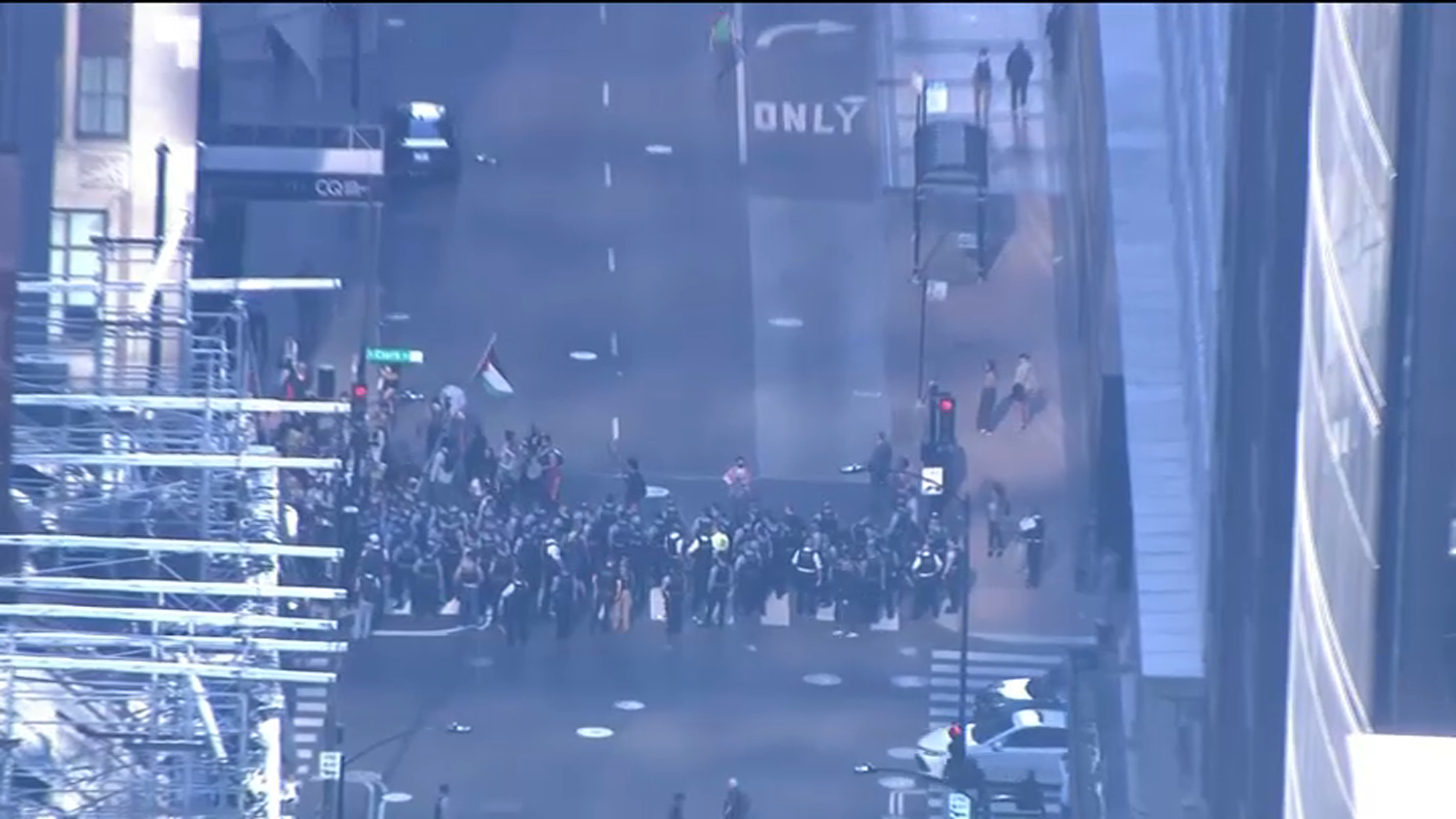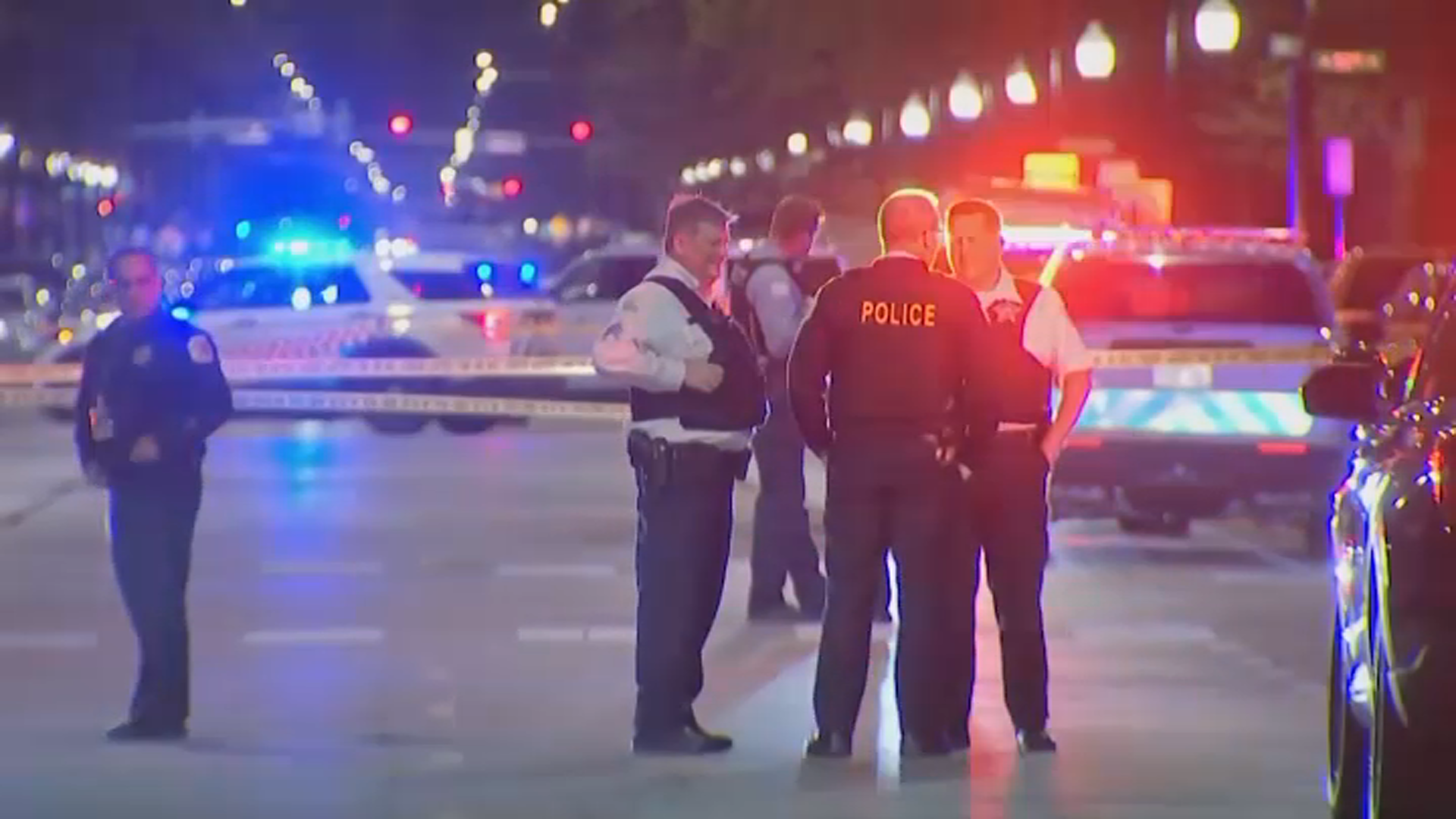As state lawmakers continue debating a measure to help the Chicago Bears move to Arlington Heights, the leaders of neighboring suburbs including Palatine and Rolling Meadows aren't convinced the proposal will help address their growing concerns over traffic impact, infrastructure and more.
Wednesday, the Illinois House Executive Committee held a public hearing on House Bill 610, a measure that would provide state assistance for the team to build a new stadium and complex in Arlington Heights at the site of the former Arlington International Racecourse.
The team closed on the purchase of the 326-acre site that held the former Arlington International Racecourse in February, paying $197.2 million for the property.
According to reports, demolition of the stadium alone is expected to cost the team an estimated $3.8 million.
Feeling out of the loop? We'll catch you up on the Chicago news you need to know. Sign up for the weekly Chicago Catch-Up newsletter here.
"This bill would help fuel the biggest economic development project in northwest suburbs," Rep. Marty Moylan of Des Plaines said during the hearing Wednesday. "But equally important, it would be another valuable tool for developers of mega projects across Illinois to create tens of thousands of jobs, and spur massive economic growth."
According to the bill's sponsors, the proposal would freeze the property tax assessment on the site for up to 40 years. The previous assessed value of the 326-acre site sat at roughly $33 million, but as part of a triennial reassessment, Cook County Assessor Fritz Kaegi’s office placed its value at $197 million.
That increase could hike the property tax bill proportionally, spelling out a potential sixfold spike.
Local
“The Cook County Assessor has increased the cost potentially of a Bears’ tax bill dramatically by reassessing the property way above what it was,” said Greg Hinz, of Crain’s Chicago Business, who first reported the news. According to Heinz, the move could raise the bill from $2.75 million to an estimated $16.5 million.
“By my calculations, the owners of that property have to pay at least another $15 million a year in property taxes right away if his decision is upheld,” Hinz said. “Fifteen million is a lot for the Bears. Fifteen million dollars is probably what a couple of good players cost a year.”
Advocates for the projects say that revenue generated from the site would help fund infrastructure projects in Arlington Heights and other nearby communities.
However, critics are concerned that the city of Chicago is still paying off $640 million worth of renovations to Soldier Field from two decades ago.
"I was a high school kid working as an usher at Soldier Field when that renovation started, and here we are 20 years later, they're still footing the bill," Rep. Kam Buckner said during the hearing Wednesday.
As it is written, the measure includes a $3 tax on all Chicago Bears ticket sales to help pay off that debt. But some say that doesn't go far enough in addressing new infrastructure concerns.
In a letter sent to the House Executive Committee, Palatine Mayor Jim Schwartz and Rolling Meadows Mayor Lara Sanoica say that while their communities "remain optimistic that a relocation of the Chicago Bears to Arlington Heights will benefit the region," they remain skeptical.
"While we appreciate many of the goals HB610 appears to be trying to address, there are significant concerns as it relates to the allocation of revenues from the proposed development," the letter reads in part.
The letter goes on to state that both communities will face additional operating expenses "related to public safety and infrastructure maintenance as a result of stadium operations."
"HB610 does absolutely nothing to address what could easily be over $1 billion in infrastructure needs to Illinois Route 5, Interstate 90 as well as the Norwest Highway (Route 14). Algonquin Road and Golf Road corridors -- all of which are under IDOT jurisdiction" the letter states. "We fear that the intention of HB610 is to place the infrastructure upgrades on the backs of local government."
The letter concludes by requesting that no action on the measure be taken until a "comprehensive infrastructure and traffic study is completed and analyzed by professionals to determine the impact of a redeveloped of Arlington Park."
According to bill sponsors, negotiations over the proposal are expected to continue into summer.



